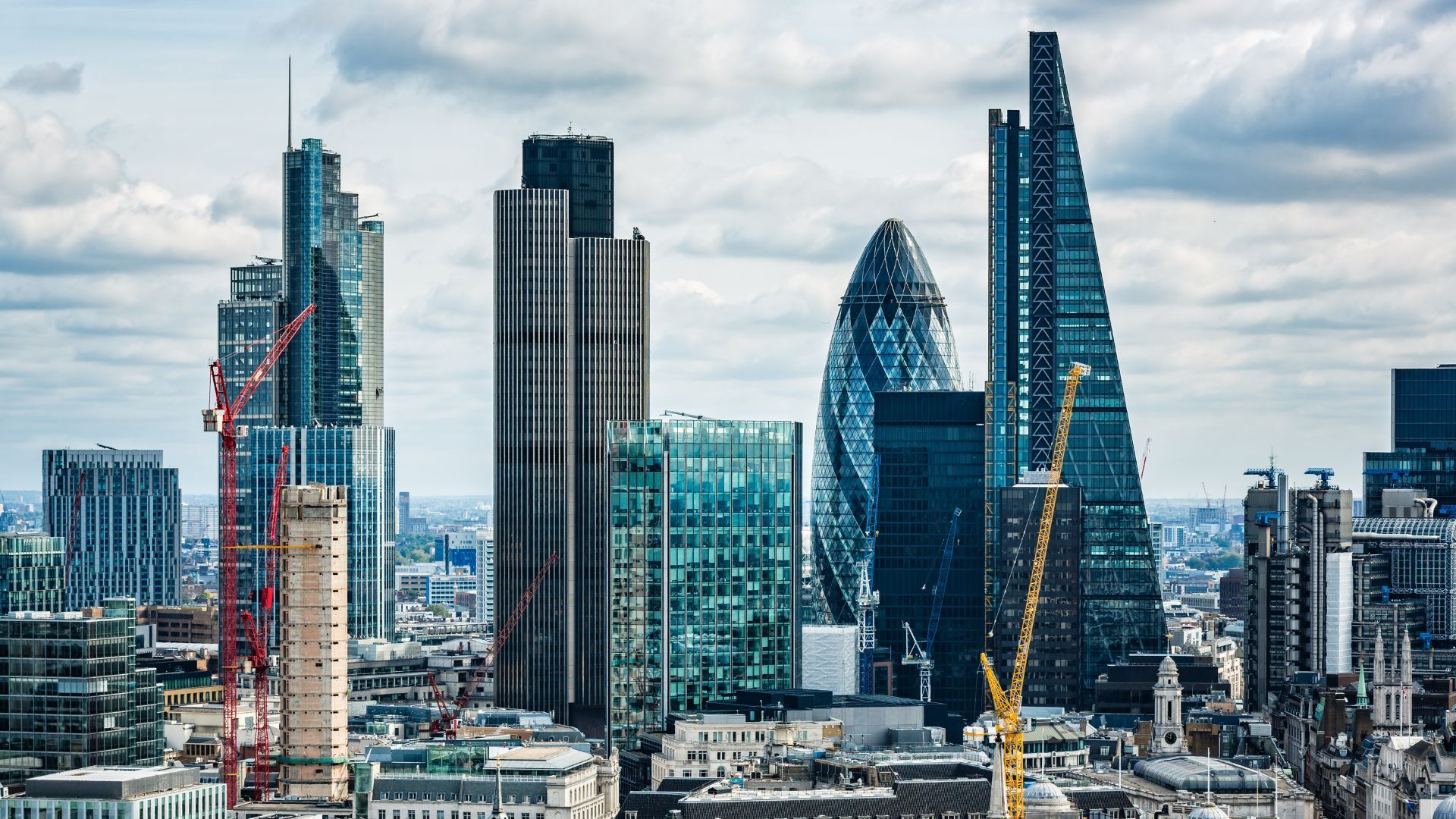Key Takeaways from London Climate Action Week 2025

This week the global climate community—spanning investors, corporates, policymakers, innovators, and civil society—converged on the UK capital for London Climate Action Week (LCAW).
Doubling in size from last year, LCAW 2025 arrives at a pivotal moment: With climate ambition faltering in parts of the world, many are framing this week as an opportunity for the UK and London to assert leadership in driving climate finance, innovation and transition ahead of COP30 in Belém later this year.
With a plethora of announcements and events taking place across London this week, here are some of the key takeaways so far:
UK Positions Itself as a Clean Energy Powerhouse
The week kicked off with the UK Government unveiling its Modern Industrial Strategy —a 10-year roadmap to establish the UK as a leader in clean energy, advanced manufacturing, and frontier technologies.
On Wednesday, this was followed by the release of three major consultations around climate transition planning, sustainability standards alignment and the establishment of a voluntary sustainability assurance registration regime. Collectively, these developments mark an important step toward building greater clarity, consistency, and investor confidence in the UK’s transition finance ecosystem.
The Moment for Nature
Nature has been a defining theme from the outset of this year’s LCAW, with Ruth Davis (UK Special Representative for Nature) describing this week as “the moment for nature”, reflecting the growing understanding that climate and nature are parallel issues, which are deeply interconnected and must be addressed in tandem.
At the Net Zero Delivery Summit, speakers emphasised that over half of global GDP—equivalent to $44 trillion—is dependent on nature, making biodiversity loss not just an environmental crisis but a major economic risk. That said, the opportunity is equally great: nature finance is a rapidly emerging field with the potential to deliver resilience, returns, and long-term value for investors and businesses alike.
Emerging Markets & Developing Economies
While $2.2 trillion of finance flowed into clean technologies in 2024, the vast majority of that capital was directed to advanced economies and China. Emerging Markets and Developing Economies (EMDEs) – where energy demand is set to surge over the coming decades – received far less than what is needed to support their clean energy transition.
On Monday morning, Rachel Kyte (UK Special Representative for Climate), Tim Gould (Chief Energy Economist, IEA) and Mafalda Duarte (Chief Executive, Green Climate Fund) all called for more to be done to mobilise private finance for EMDEs. Without urgent investment, there’s a real risk of these regions becoming locked into carbon-intensive futures.
Unlocking Innovation & Impact
Innovation is no longer seen as a cost centre—it’s a growth centre, capable of driving new revenue streams, improving efficiencies, and sharpening market positioning.
At a CDP event on Tuesday, the conversation shifted to how companies are increasingly aware of the need to act—but struggle with the how. Here, data is key: helping firms identify where interventions can deliver the greatest impact across operations and supply chains. Unlikely partnerships—between corporates, start-ups, financial institutions, and NGOs—will also be vital to overcome bottlenecks and accelerate scalable solutions.
Final Thoughts
With the current political situation casting a shadow over New York Climate Action Week, which is due to take place in September, many are viewing this week’s gathering in London as the last major international gathering before COP30.
However, despite the view from the White House, COP30 President-Designate André Corrêa do Lago reminded attendees at the Net Zero Delivery Summit on Monday that 37 US states remain committed to the Paris Agreement, meaning the US still has a considerable role to play in advancing climate ambitions.
Similarly, Andrew Steer reminded attendees: progress is rarely linear. We should not be put off by the challenges we’re currently facing, but instead double down in our efforts to drive global climate action.


